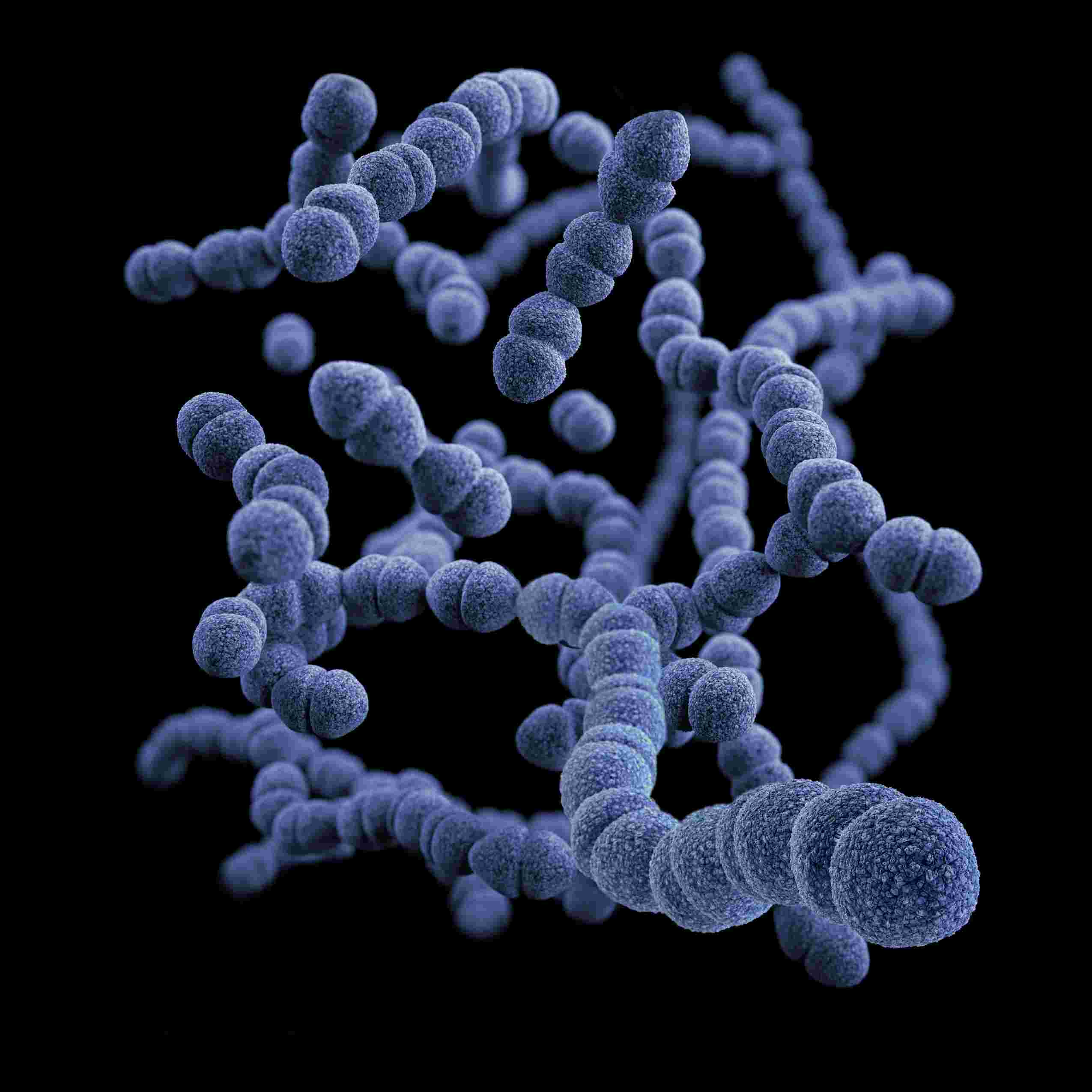
Introduction
The immune system is our body’s natural defense against infections, pathogens, and diseases. Understanding how this complex system works and the role of nutrition in maintaining a healthy immune response is crucial for overall well-being. In this article, we will explore the workings of the immune system, common immune-related diseases, preventative measures, and how diet and physical activities can play a significant role in maintaining immune health. Strengthening your immune system through proper nutrition is very possible.
What Is the Immune System and How Does It Work?
The immune system is a network of cells, tissues, and organs that collaborate to defend the body against harmful invaders, such as bacteria, viruses, and toxins. It is composed of two main parts:
Innate Immunity:
The body’s first line of defense, providing a quick but non-specific response to invaders. It includes physical barriers like the skin, mucous membranes, and specialized cells such as macrophages and neutrophils.
Adaptive Immunity:
This part of the immune system is more specific and learns to recognize particular pathogens through exposure. It involves T-cells and B-cells that produce antibodies to target and remember specific antigens, providing long-lasting immunity.
Common Immune System Disorders
Immune system disorders can occur when the immune response is either overactive or weakened, leading to various health conditions. Some of the most common immune-related diseases include:
Autoimmune Disorders:
Conditions like rheumatoid arthritis, lupus, and celiac disease occur when the immune system mistakenly attacks the body’s own tissues.
Allergies:
The immune system overreacts to harmless substances, such as pollen or pet dander, causing symptoms like sneezing, itching, and swelling.
Immunodeficiency Disorders:
These occur when parts of the immune system are missing or not functioning properly, making the body more susceptible to infections. Examples include HIV/AIDS and primary immunodeficiency disorders.

How to Prevent Immune System Disorders
To reduce the risk of immune-related conditions, it’s essential to adopt a healthy lifestyle. Here are some key strategies:
Maintain a Balanced Diet:
Focus on whole foods rich in vitamins, minerals, and antioxidants to support immune function.
Regular Physical Activity:
Exercise can improve circulation, reduce inflammation, and enhance the function of immune cells.
Adequate Sleep:
Quality sleep is vital for the production and regulation of immune cells.
Stress Management:
Chronic stress can weaken the immune response, so practices like meditation, yoga, and deep breathing exercises can be beneficial.
Recommended Physical Activities for a Strong Immune System
Exercise is an effective way to support the immune system, but it is important to find a balance. Moderate physical activity is ideal, as overly intense exercise can temporarily suppress immunity. Some recommended activities include:
Walking or Jogging:
30 minutes a day of brisk walking or jogging can enhance circulation and immune cell movement.
Yoga and Stretching:
These exercises help manage stress, which is directly linked to immune function.
Strength Training:
Light to moderate weight lifting can improve overall fitness and muscle strength, supporting metabolic and immune health.

The Role of Nutrition in Immune Health
Proper nutrition is crucial for maintaining and strengthening the immune system. A diet rich in certain vitamins, minerals, and other nutrients can help keep immune cells active and ready to fight off infections. Here are key dietary components to consider:
Foods to Include for Optimal Immune Function
Vitamin C-Rich Foods:
Vitamin C is a powerful antioxidant that helps protect immune cells from damage. Include sources like bell peppers, strawberries, kiwi, and citrus fruits.
Zinc Sources:
Zinc is essential for the development and function of immune cells. Foods like pumpkin seeds, chickpeas, lentils, and quinoa are excellent plant-based sources of zinc.
Probiotic Foods:
Probiotics help maintain a healthy balance of gut bacteria, which is crucial for immune regulation. Include fermented foods like sauerkraut, kimchi, and kombucha.
Leafy Green Vegetables:
Kale, spinach, and Swiss chard are packed with vitamins A, C, and K, which help reduce inflammation and support immune function.
Berries and Dark-Colored Fruits:
Berries like blueberries, raspberries, and blackberries are high in antioxidants, which protect the body from oxidative stress.
Turmeric and Ginger:
These spices have anti-inflammatory properties that can help modulate the immune response. Use them in teas or add them to soups and curries.
Foods to Avoid for Better Immune Health
Certain foods can negatively impact immune function, leading to increased inflammation or weakened immunity. Avoiding or reducing the intake of these foods is beneficial:
Refined Sugars:
High sugar intake can suppress the immune system’s ability to fight infections. It’s best to limit sugary snacks, drinks, and processed foods.
Trans Fats:
Found in processed and fried foods, trans fats can increase inflammation in the body and negatively impact immune function.
Alcohol:
Excessive alcohol consumption can impair immune cells’ ability to function properly. It is important to consume alcohol in moderation or avoid it altogether for optimal immune health.
Vitamin and Mineral Supplements for Immune Support
While a balanced diet is the best way to obtain nutrients, certain supplements can be beneficial for enhancing immune function, especially when deficiencies are present. Here are key supplements to consider:
Vitamin D:
Often called the “sunshine vitamin,” vitamin D plays a critical role in immune response. It can be taken as a supplement, especially during winter months or in areas with limited sunlight exposure.
Zinc:
Zinc supplements are known to help reduce the severity and duration of cold symptoms. They support the production of immune cells and are especially beneficial during flu season.
Vitamin C:
While it’s best to get vitamin C from food sources, a daily supplement can provide an extra boost, especially during periods of high stress or illness.
Magnesium:
This mineral supports over 300 enzymatic reactions in the body, including those related to the immune system. Magnesium supplements can help reduce stress, improve sleep, and support overall immunity.
Elderberry:
Known for its antiviral properties, elderberry supplements can help shorten the duration of cold and flu symptoms.
Additional Tips for Boosting Immune Health
Stay Hydrated:
Proper hydration helps flush out toxins and ensures that immune cells can move efficiently throughout the body.
Practice Good Hygiene:
Regular handwashing and avoiding contact with sick individuals can reduce the risk of infections.
Eat the Rainbow:
A diet rich in colorful fruits and vegetables ensures a wide range of antioxidants and phytonutrients that support the immune system.

Conclusion
The connection between diet and the immune system is undeniable. By making mindful choices about what we eat, staying active, and managing stress, we can strengthen our immune system and reduce the risk of illness. Incorporating nutrient-dense foods and essential vitamins into your daily routine can help you maintain a robust immune response, ready to tackle whatever comes your way. Remember, a healthy immune system is not just about avoiding illness but also about thriving in all aspects of life.
Subscribe to our newsletter, follow us on social media to let us know how you’re working towards a balanced life!
Oral Health: Causes, Prevention, and the Role of Nutrition
Oral health is often a neglected part of our...
Food Allergies: Causes, Symptoms, and Management
Food allergies and sensitivities are...
Unintentional Weight Loss
Unintentional weight loss can be distressing,...
The Negative Impacts of Plastic Usage on Health and the Environment
Plastic has revolutionized modern life,...
The Impact of Social Media on Body Image: How It Affects Women’s Health
Social media has transformed how we connect,...
Why Women Need Nutrition Counseling Beyond Weight Loss
Women face unique challenges when it comes to...
The Benefits of Journaling for Mental Health
Journaling has gained recognition as a powerful...
Minimalism and Health: The Effects of a Minimalist Lifestyle on Mental and Physical Well-being
Living in a world where consumerism and constant...
Physical activity: Cardio, Strength Training, Yoga, and Pilates
Engagement in regular physical activity is...










